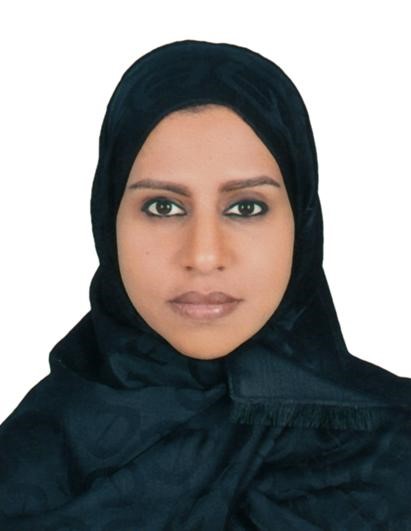PHCC advices for people planning international travel

With several countries opening their borders, it appears that many of our pre-COVID-19 travel lifestyle is being restructured. The World Health Organisation (WHO) is working in collaboration with local authorities to enforce COVID-19 safety guidelines to safeguard travelers. Primary Health Care Corporation (PHCC) provides advice for people planning international travel to take precautions and help maintain their wellbeing.
Family Medicine Consultant at Madinat Khalifa Health Centre, PHCC, Dr. Dina Kashkash says: "First and foremost, travelers should weigh their options as to how urgent the trip is, and whether or not to delay it or cancel it altogether. High-risk individuals, namely the senior citizens and those suffering from chronic diseases such as diabetes, and heart and respiratory diseases, and pregnant women should avoid travel. Traveling to countries with high COVID-19 positive cases should be avoided as this could increase the chances of infection. People suffering from fever, cough or difficulty breathing should not consider travel during these times.”
If traveling, Dr. Kashkash advises avoiding crowded marketplaces, restaurants and touristic sites, especially indoor or poorly ventilated areas. People should limit the use of public transportation and switching vehicles during rush hours. Taxis are generally considered to be the least harmful means of transportation compared to buses and trains, especially if the driver is wearing a mask and if other passengers onboard are friends or family, and provided the window is open to maintain good air circulation.
If using the lift is inevitable, people should face the wall to avoid breathing close to others. “Limit contact with frequently touched surfaces and avoid direct contact with animals and surfaces touched by animals. Adhere to good food hygiene practice, do not consume uncooked or half-cooked animal products,” says Dr Kashkash. A safe distance of no less than 1.5 meters should be maintained, and follow other precautionary procedures such as wearing masks, regular handwash with soap and water (if possible) or use of sanitizers with 60-70% alcohol content.
Dr. Kashkash reminds travelers to always share the date of previous trip with the health provider and ensure they obtain travel permits before planning a trip. A safe practice is to save the emergency contact details of your hotel on the phone prior to your trip and seek health care immediately if you feel feverish or experience any respiratory symptoms. Travelers returning from inflicted areas should monitor their situation, record symptoms for 14 days and observe local protocols in this regard.
Finally, keep an eye on the latest local health regulations before and during travel, bearing in mind that the world post-Coronavirus is nothing like what we were used to.